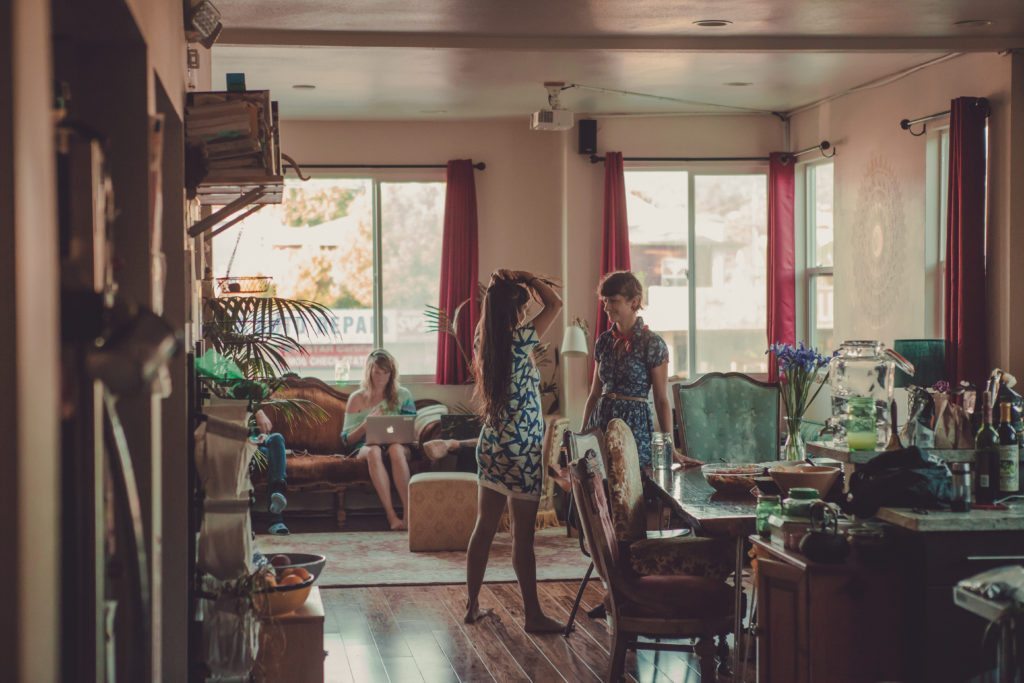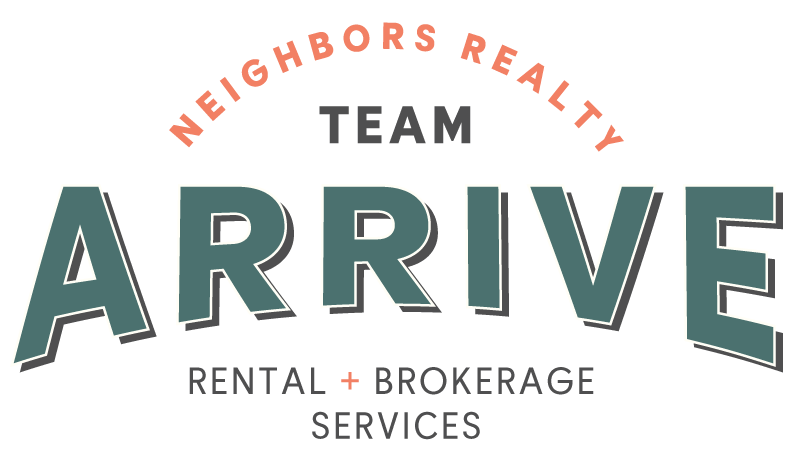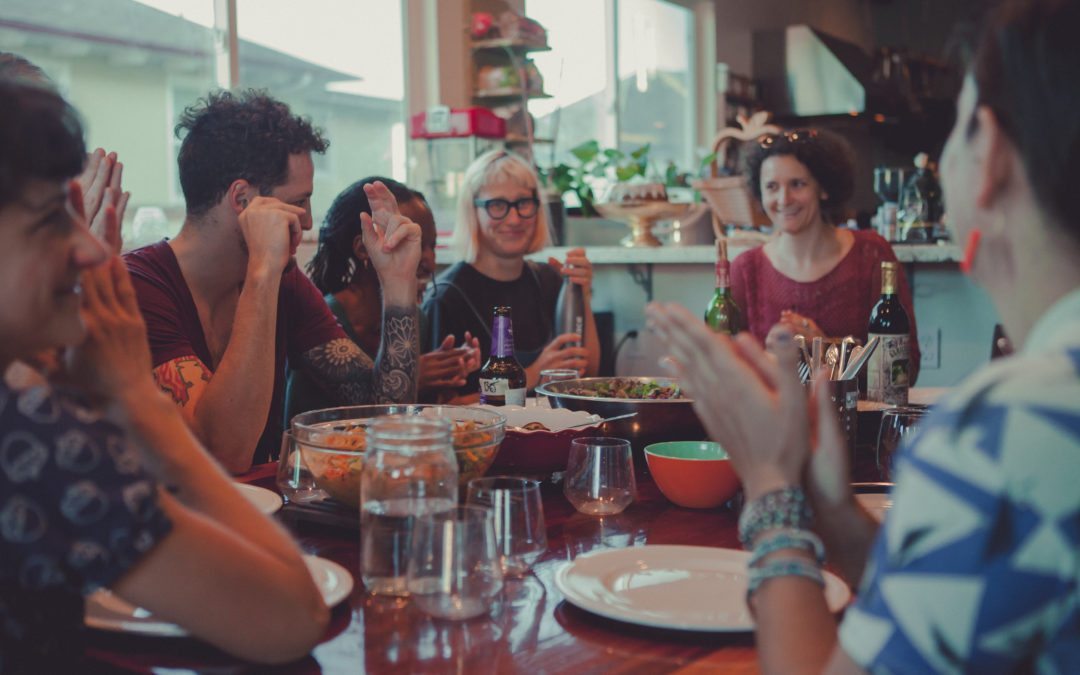Cohousing, a shared housing concept born in Denmark in the 1970s is becoming a more accessible option for homebuyers and renters in Portland. Cohousing communities sometimes called intentional communities but never communes, are multi-generational groups of individuals and families who own and share communal land or space. Each community household (individual or family) owns their home but shares community spaces like common houses with kitchens, recreation areas, treehouses and sometimes gardens. Operationally, cohousing communities are similar to condominium communities but differ in that cohousing residents jointly make decisions about what happens in the collective space. For example, what color to paint new buildings or what to grow in the garden.
Cohousing communities do have bylaws that members follow. And when members move, the community is often given the first right of refusal, meaning the space is open to either someone in the community or a buyer comes from a waitlist of interested and vetted buyers.The common house is the heart of the cohousing community and is where residents often share meals throughout the week. Community members can opt-in and share cooking responsibilities. Residents might only cook a meal three times a week instead of seven and can socialize with the community at meal times. The goal of cohousing is to socialize and support each other with simple and collective goals that all residents value. Residents often develop relationships with their cohousing neighbors beyond what you might typically find in a conventional neighborhood, more akin to family bonds. Cohousing communities seem to hearken the return to simpler times where neighbors took care of each other. But is cohousing for everyone?
Cohousing Communities in Portland
Currently, there are 10 cohousing communities in Portland and more in the works. One of the earliest cohousing communities in Oregon, Sunlight Holding Company was founded in 1971 and consists of 15 condo style homes that share seven secluded acres, a great hall, and an exercise room in the SW Hills of Portland. Cully Grove, built in 2013 by Eli Spevak of Orange Splott LLC, was one of the first in the Cully neighborhood. There are 16 homes in Cully Grove and there has been no turnover since its beginnings. Mason Street Townhomes, another of Spevak’s projects, is under construction and will house 14 privately owned condominiums that will share community spaces and collective resources. The townhomes will range in size from 1000-1600 square feet. The project is slated to complete in the next few months. Pricing will range (estimated) from $220,000-$550,000 depending on size and location in the community.
When complete the upcoming Cully Green cohousing community will consist of 23 homes. Spevak and partnering advocates like Commnitecture not only build sustainable, community-led cohousing communities but are also working to provide access to affordable homeownership in Portland and other cities. By building homes with a smaller footprint, roughly the size of townhomes or condos, this may be possible. In a city where buying a home is becoming less attainable than it used to be, cohousing may be a great opportunity for those interested in living in a shared space of residents with community-minded values.
Cohousing for Renters in Portland
OpenDoor, an Oakland based company managing cohousing/living homes with rooms or sometimes apartments for rent, is opening two coliving homes in Portland. Founders Ben Provan and Jay Standish launched OpenDoor in 2013 out of their sustainable MBA program at BGI (now called Presidio Graduate School), based on Bainbridge Island. They understood the need and value of community from a social, emotional, and spiritual perspective but were frustrated that no one was really building housing for this lifestyle.
Provan explains, “We saw the need for a company (and more broadly an industry) that would create community-centric housing in cities, and help popularize the concept in the traditional real estate development community.”

An OpenDoor coliving space in Oakland, CA. Two of their coliving communities have just opened in Portland
OpenDoor’s coliving spaces are well-designed homes or apartment buildings where residents rent individual rooms while coming together in furnished common areas to share meals, socialize, attend events, and more. “More than anything else, we emphasize the community experience with our residents. We enable residents to have a lot of creative freedom in making the culture and space their own while providing them with the tools and resources to make this easy. We believe this is fundamental to having our spaces be unique and authentic communities, led by the residents who live there,” says Provan.
Bryce Street Coliving, located in the Beaumont-Wilshire neighborhood will offer 13 bedrooms in a newly remodeled house featuring a large community kitchen, dining room with a communal eating booth, a basement tea lounge, covered bike parking, and onsite laundry. Rents range between $715-$950 a month and utilities will cost around $100 a month. The Forge, located in Portland’s Montavilla neighborhood will offer bedrooms, a shared community garden, sunroom, basement tea lounge and a community kitchen. And was designed to create a space for working from home. Rents range from $650-$825. Renters can apply now. Both properties are move-in ready.
Is Cohousing for you?
Maybe not, but its appeal is palpable. The idea of working and living together toward the common good is intriguing. Living with people of all ages on the same land and sharing community values is not something we might typically consider, but why not? Especially when you think about individuals who would otherwise live alone and might feel isolated could benefit. And if buying into a community model makes home buying more accessible for those who couldn’t otherwise afford it, it’s a worthy consideration. Cohousing and coliving may not work for every buyer or renter but these communities seem to provide what we could use a little more of, human connection, sustainable communities, and togetherness. We do live in Oregon after all.

